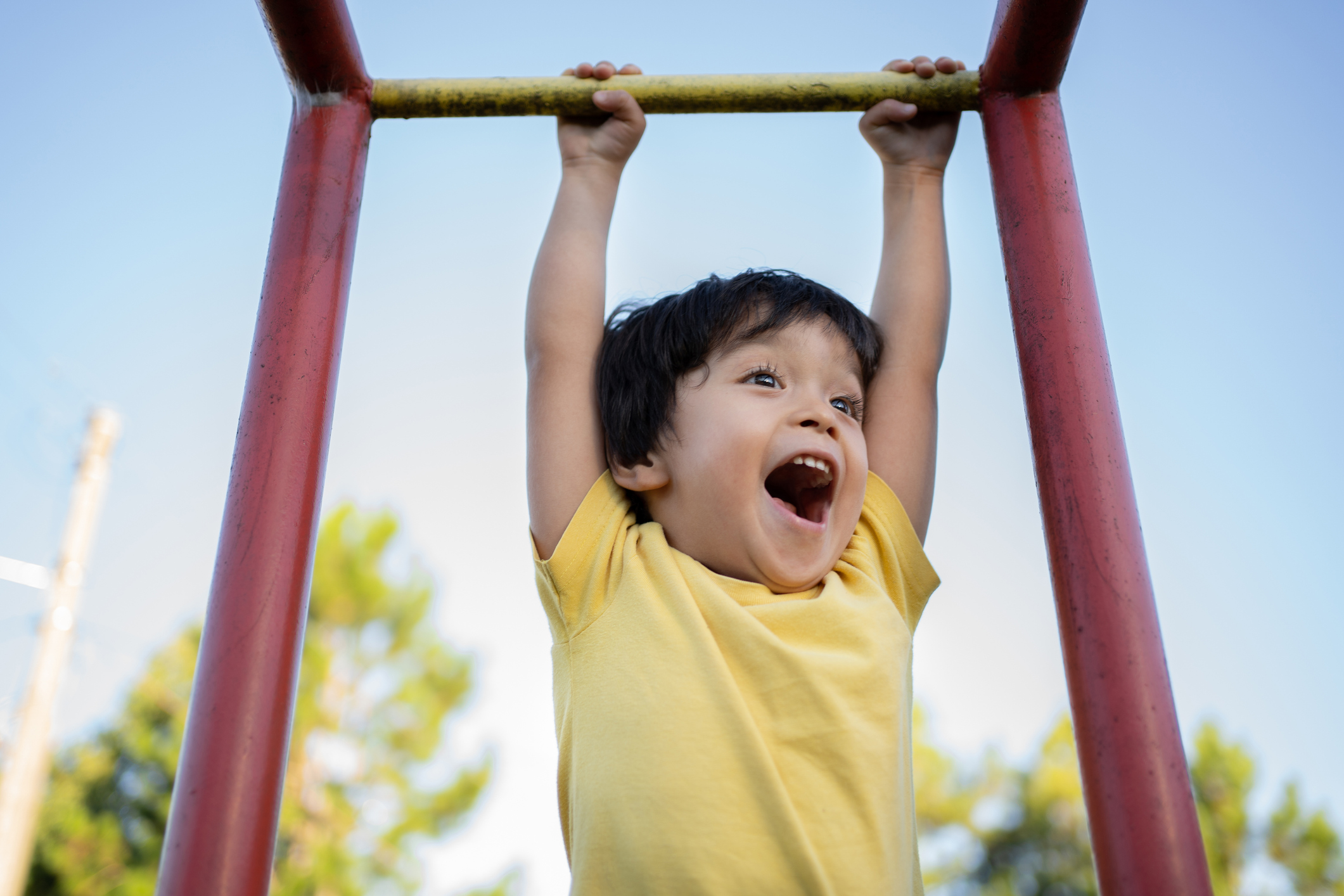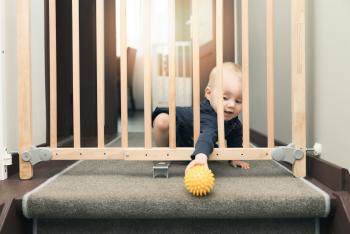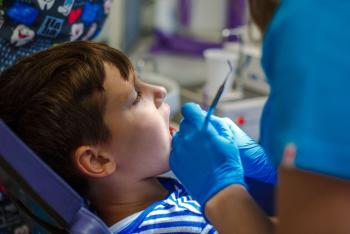This article provides a guide for caregivers on how to keep their children healthy during the school...
Read More

Playgrounds are a great place for children to exercise, have fun and socialize. But with the playground comes potential risk for injuries. Each year, more than 220,000 children under the age of 14 are treated in hospital emergency rooms across the country for playground injuries. Here are some tips for playground safety.
On the playground, children gain a huge variety of skills, including increased coordination, motor skills, cognitive abilities, social awareness and language. But of course, accidents happen; with laughter sometimes come tears. From trips and falls to swing set collisions, here are a few of the most common injuries that have been reported on the playground:
To avoid an injury, and a possible trip to the emergency room, assess the safety of the playground itself—as well as the role you play in keeping your child as safe as possible. Here are some tips for staying safe:
1. Supervise children closely
Ensure you have a clear line of sight to your children while they are on the playground. Your child should be monitored more closely in areas where kids are crowding together or where the playground equipment may be closer together.
2. Avoid playgrounds that have concrete, asphalt, hard-packed soil or grass
The structure and layout of a playground can reveal the potential for accidents. For play equipment up to seven feet in the air, surface materials should be wood chips, mulch, or shredded rubber to soften the impact in case of a fall.
3.Select proper attire
Avoid dressing your child with necklaces, scarves, hoods and drawstrings. These risk getting tangled with the equipment and other children. Make sure children are wearing comfortable close-toed shoes that are safe when running, climbing and jumping. Avoid flip flops, sandals and bare feet, and consistently check that shoelaces are tied or velcro straps are secured
4. Be a second set of eyes for your child's surroundings
Check to see that there is enough space for kids to easily get off the slide, swings, merry-go-round or any other pieces of equipment. Don't let kids crowd around the exit areas.
5. Be aware of tripping hazards
Before children play, survey the area for tripping hazards. Items that can be removed like debris or trash should be removed from the area. More permanent fixtures like exposed concrete footings and tree stumps should be avoided.
Even with the most careful observation, accidents can happen in a matter of moments. Seek pediatric trauma care if your child has any of the following symptoms after falling on their back or neck or hitting their head:
“If your child falls, and you’re unsure how serious the injury is, it’s important to remain calm and call your pediatrician or go the emergency room immediately.” said Dr. Hamwi.
Inspira offers pediatric emergency rooms in Vineland and Mullica Hill with warm, kid-friendly environments, quicker triaging and decreased wait times. If you think your child needs immediate medical attention, visit the Inspira emergency department closest to you.
Inspira Health is a high reliability organization (HRO), which means safety is the top priority for patients and staff. To make an appointment, call 1-800-INSPIRA.

This article provides a guide for caregivers on how to keep their children healthy during the school...
Read More
Best practices for baby safety are constantly changing, and keeping your baby out of harm’s way...
Read More
Prepare your child for a tonsillectomy by understanding the procedure, managing recovery...
Read More
The material set forth in this site in no way seeks to diagnose or treat illness or to serve as a substitute for professional medical care. Please speak with your health care provider if you have a health concern or if you are considering adopting any exercise program or dietary guidelines. For permission to reprint any portion of this website or to be removed from a notification list, please contact us at (856) 537-6772